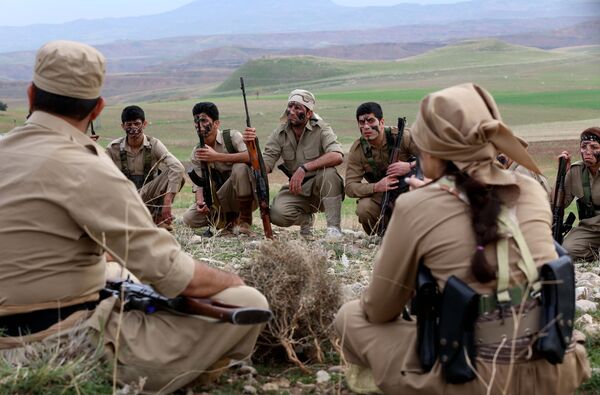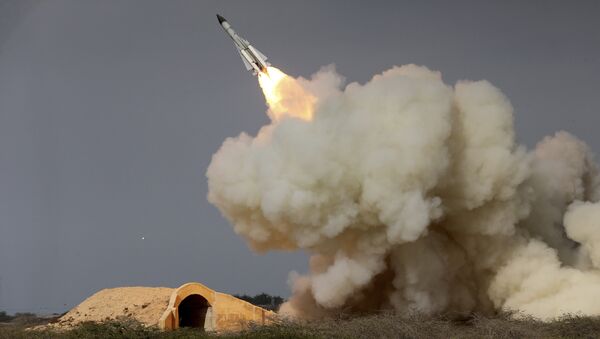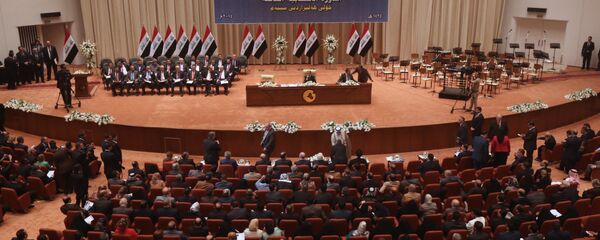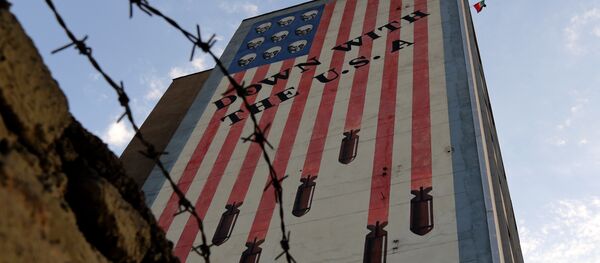Iran's top military commander defended Saturday's strikes in the Koya area east of Erbil, Iraq, which killed at least 16 and injured several dozen others, citing Tehran's right to defend itself amid US "provocations."
Iraqi Kurdish officials and the PDKI had "made a written commitment not to conduct operations in Iran, but they have been breaking that promise over the past year due to US provocations," Armed Forces Chairman of the Chiefs of Staff Maj. Gen. Mohammad Bagheri said in a statement on Tuesday, according to PressTV.
Bagheri also urged Baghdad and the regional government in Iraqi Kurdistan to either extradite or deport the remnants of these Iranian Kurdish separatists, and warned that further "counter-measures" would be taken against commanders if the group's attacks on Iranian military and border forces persist.

"The officials of Iraqi Kurdistan and the Iraqi government should hand these criminals over to Iran. If they cannot do this, they should at least expel them and these groups from the country," he said, as quoted by Iran's IRIB broadcaster.
On Sunday, the IRGC issued a statement taking responsibility for the Erbil attack, justifying the strike by citing PDKI plans to carry out acts of sabotage in the provinces of West Azarbaijan, Kurdistan and Kermanshah. The missile strikes are believed to have wounded PDKI secretary general Mustafa Mawludi and his predecessor Khalid Azizi.
In a separate statement issued on Tuesday, Iranian Foreign Ministry spokesman Bahram Qassemi said the deaths of Iranian personnel "left the Iranian armed forces with no choice but to take a retaliatory and deterrent measure based on the credible information it had received" against the PDKI.
Iranian-Kurdish militant groups, most of them demanding autonomy or a separate Kurdish state, established bases in northern Iraq in the early 1980s during the Iran-Iraq War. The PDKI, an armed leftist Kurdish nationalist group, which Tehran characterizes as a terrorist group, waged a guerilla campaign against Tehran for decades before declaring a unilateral ceasefire with Tehran in 1996. Tehran accused the group of resuming its operations across the border from Iraq in 2016.





